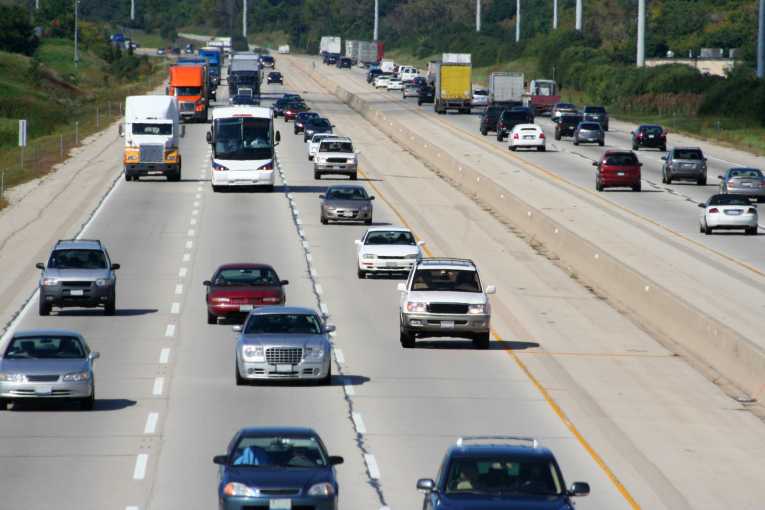In the 1980s about one out of every four American was a part of the great car pooling phenomena. Sharing a ride to work was the thing to do and many organisations encouraged and even actively facilitated their employees to be involved in carpooling.
Now the U.S. Census Bureau has released new figures showing that the number of people carpooling to work has dropped by nearly one half since the data was first collected in 1980. The Census Bureau's latest figures seem to directly contradict the impact of rising fuel prices and the trends for a 'greener' way of life.
Today, the national rate for car pooling is less than 12 per cent of all drivers on the road and this is not simply just an isolated case, the rate has dropped in cities and suburbs across America. Even the birth place of the modern car pooling trend, San Diego County in California, has seen car pooling rates drop by over one third.
For years transport planners have been trying to encourage people into car pooling by constructing specially designated car pooling lanes and creating discounted car pooling parking areas. The recent rise in social networking was also thought to have improved opportunities for car pooling as it was easier to find fellow car poolers. But they cannot compete with the lure of car ownership.
The problem is that as people have become wealthier, cars have become cheaper and more accessible. Ownership of cars in America has even out-paced the growth in population; car ownership has risen by 60 per cent and population has increased by one third.
There has also been a major focus on improving public transport systems and people have increasingly opted for taking the bus, ferry or train to work. The other factors impacting on the declining car pooling figures are today's more flexible working hours, an increase in people working from home, more people working part time as they balance childcare needs and companies spreading out geographically.
Congestion continues to rise as commuters all over the country choose the daily crawl along choked highways, but still the car pooling lanes and car parks stay empty. It seems that people are happy to suffer the traffic queues and air pollution for the luxury of their own car.










